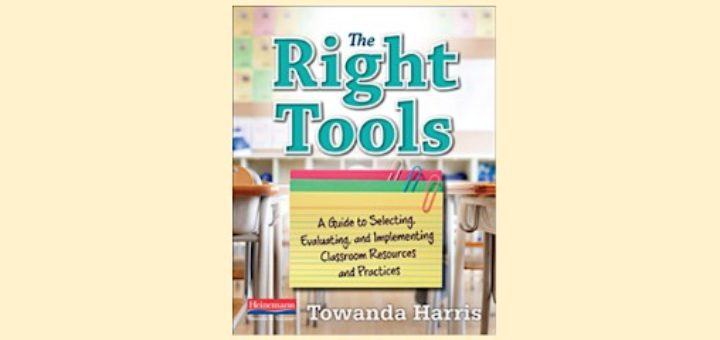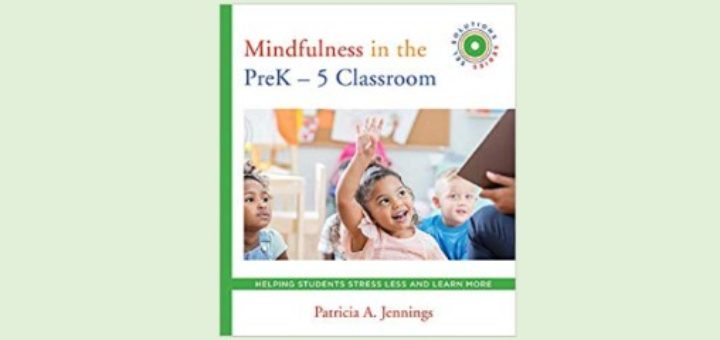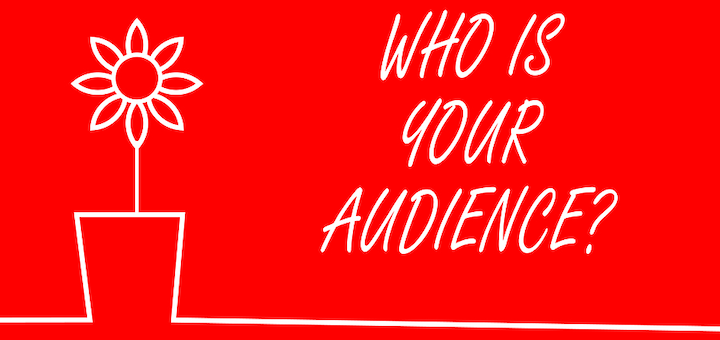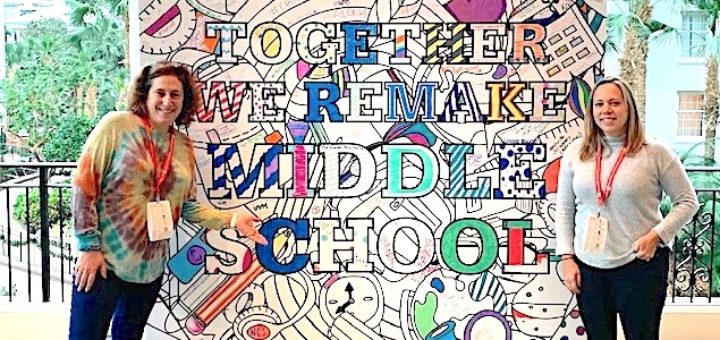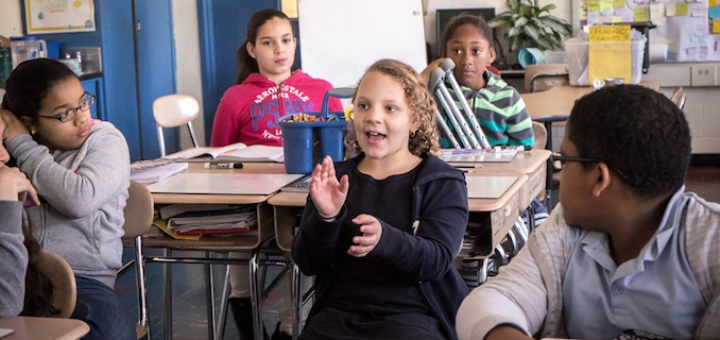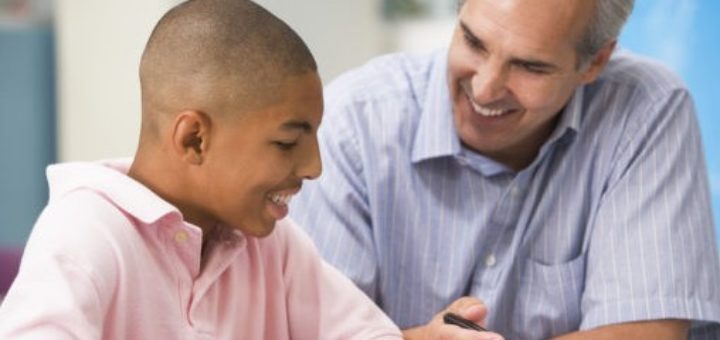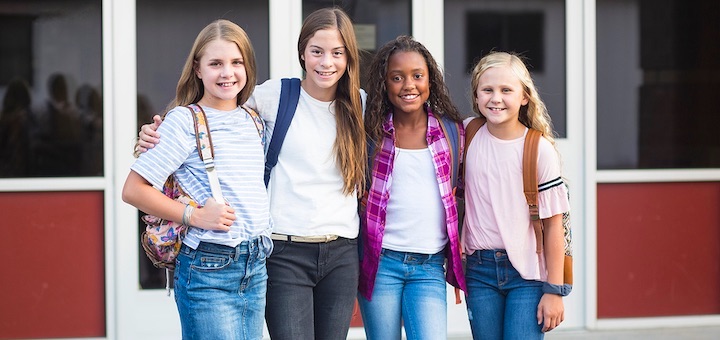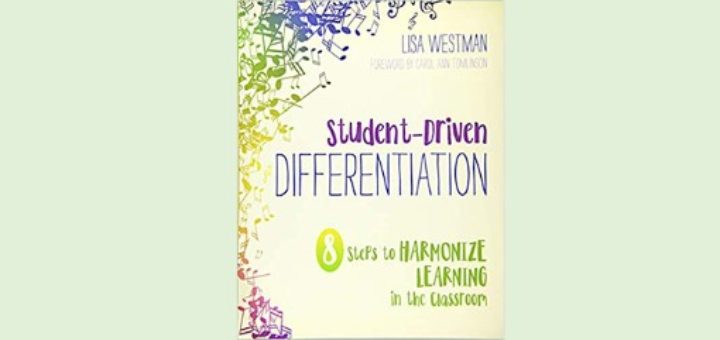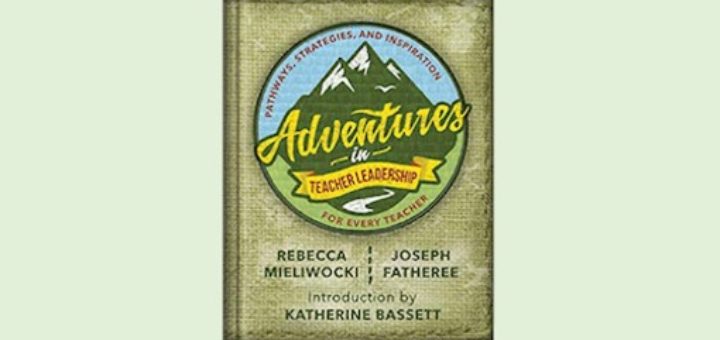Teaching and learning in grades 4-8
In The Right Tools Towanda Harris has created a system to review the literacy materials at a teacher’s disposal to decide which are strongest and weakest. She also includes strategies for finding fresh resources that better match student needs, says Erin Corrigan-Smith.
Not only is Mindfulness in the PreK-5 Classroom packed with research-based activities and anecdotes any educator will relate to, it will leave you inspired to bring mindfulness into your own life and your students’ lives, writes a calmer and more focused Linda Biondi.
Writing for authentic audiences motivates students to do their best work, says English department chair Kasey Short. Public audiences offer a practical reason to revise and edit and allow students’ ideas to have real impact. See her tips to transform routine assignments.
There is an incredible amount of inspirational “stuff” going on in the world of middle school, and it’s ours for the taking, writes teacher Laurie Lichtenstein, after her first experience participating in an AMLE national conference. Now, if they just had fast passes!
This year Mary Tarashuk is adding standards-based report cards to her self-contained class of 4th graders. Holding on to John Dewey’s insight about the goal of education, she’ll meet the new challenge with cross-curricular units, student work archives, and pragmatism.
Unlike quick teacher check-ins, teaching conferences allow for a deep conversation with a student in just 5 or 6 minutes. And they’re not just for ELA teachers and balanced literacy. Katie McGrath shares step by step conferring tips to target learning in any content area.
When MA principal Liz Garden brought together girls experiencing fifth grade girl drama, her students were excited to have time to share their thoughts and feelings. That first session grew into a book group centering on girls building confidence. Girls want to be heard!
How do we teach content and at the same time meet each student’s academic, emotional and mental needs? Lisa Westman’s Student-Driven Differentiation reveals the how and the why, including vignettes from educators, reports special education teacher Julie Battikha.
Adventures in Teacher Leadership is brief yet packed with how-to’s for any situation a teacher leader might encounter. Practical and concise, this book written by two State TOYs has resources for new and veteran teacher leaders alike, says new leader Michelle Voelker.
Teaching is hard work, but we should always be thinking about what we can do to get better at our craft, writes teacher and department chair Jeremy Hyler. Sometimes that means having difficult but crucial conversations with colleagues who need to make a greater commitment.

